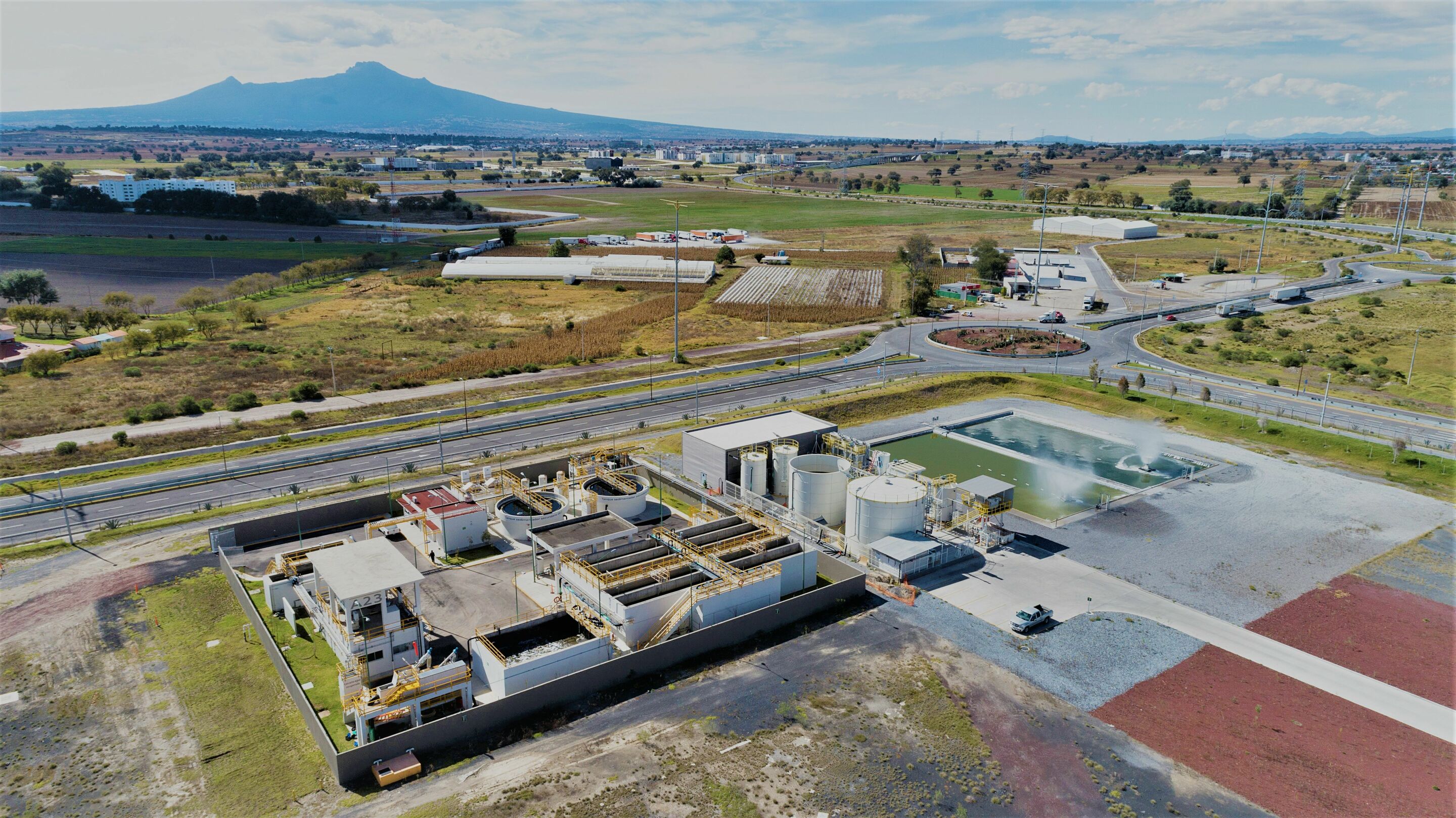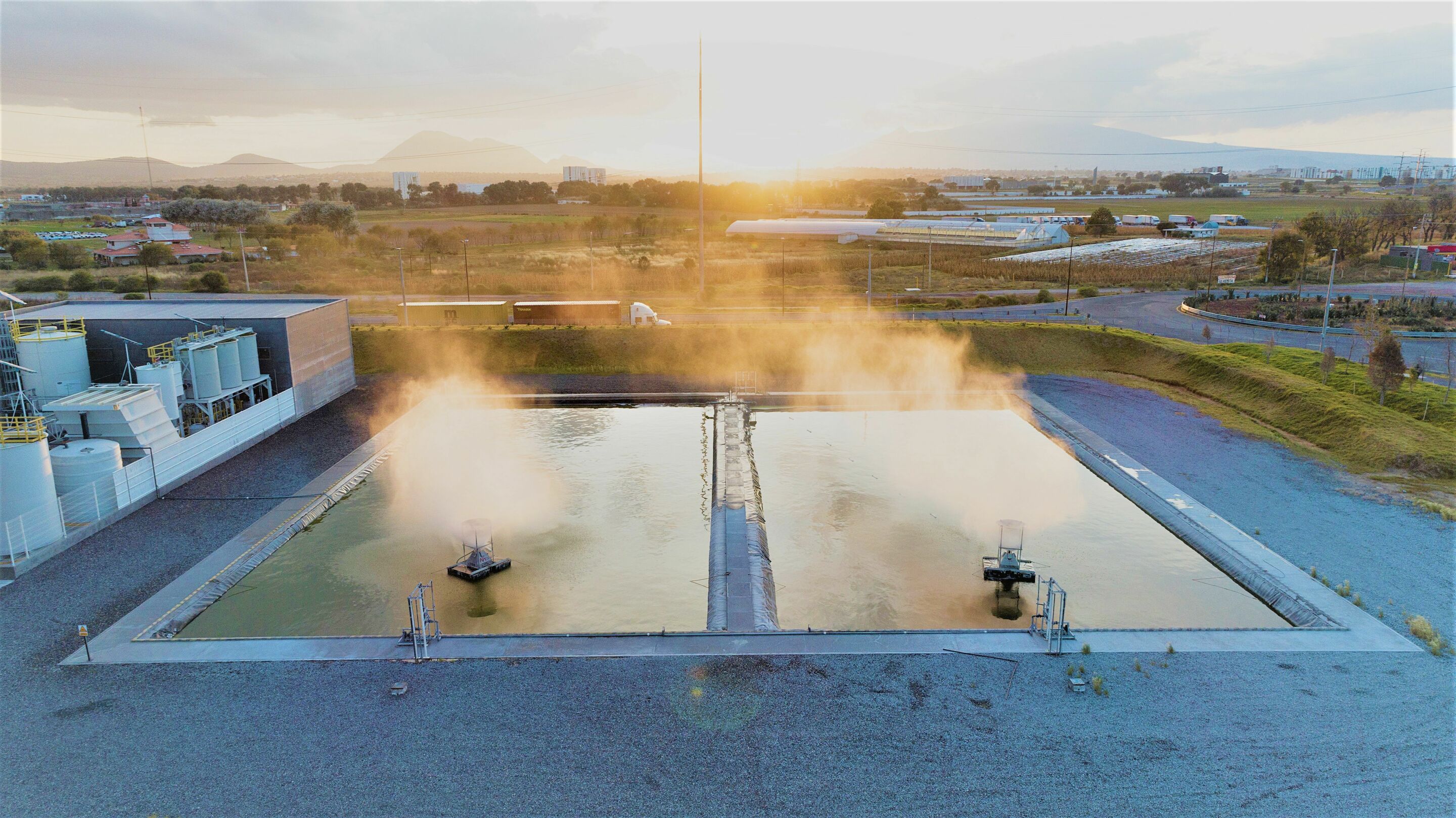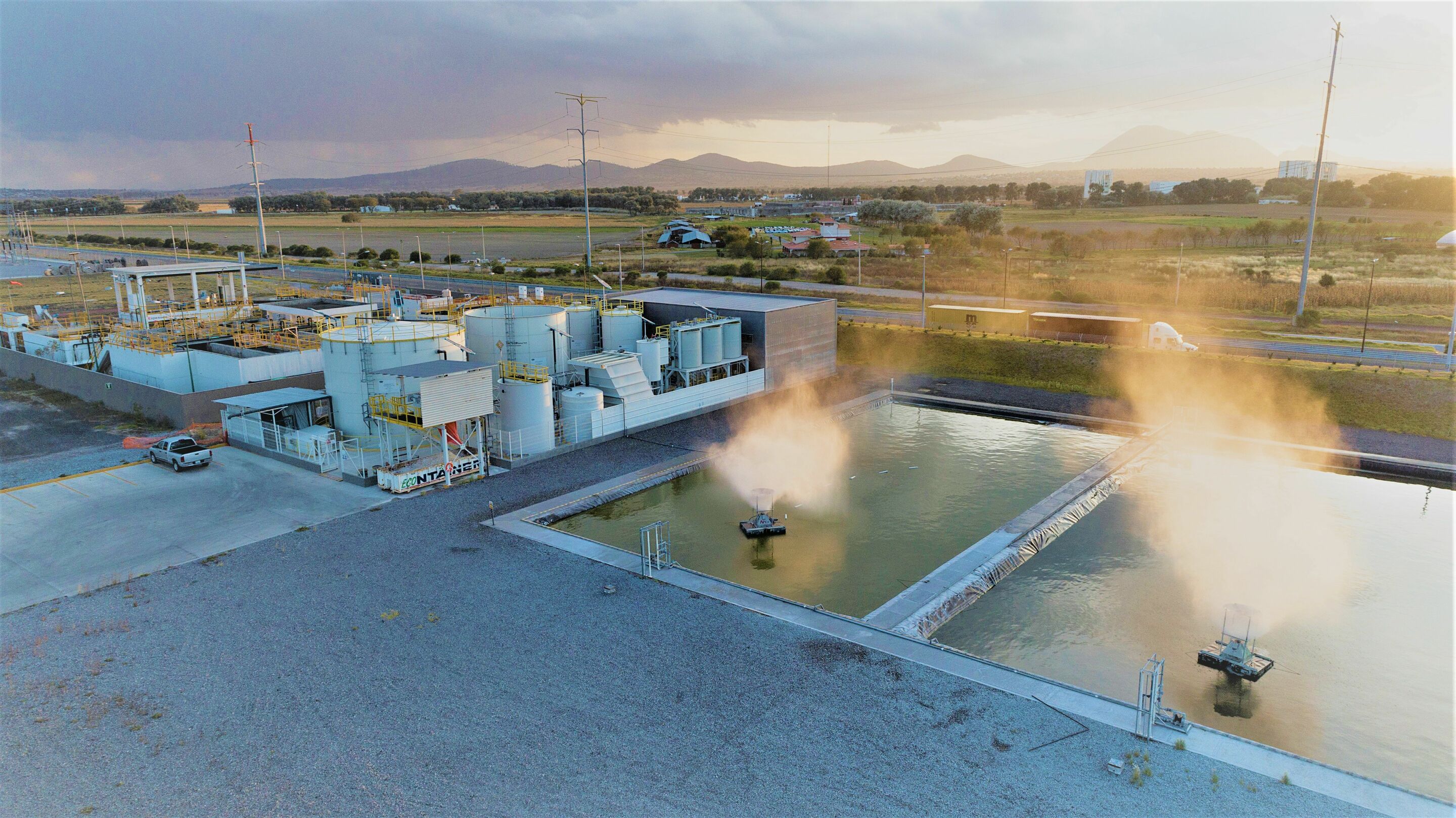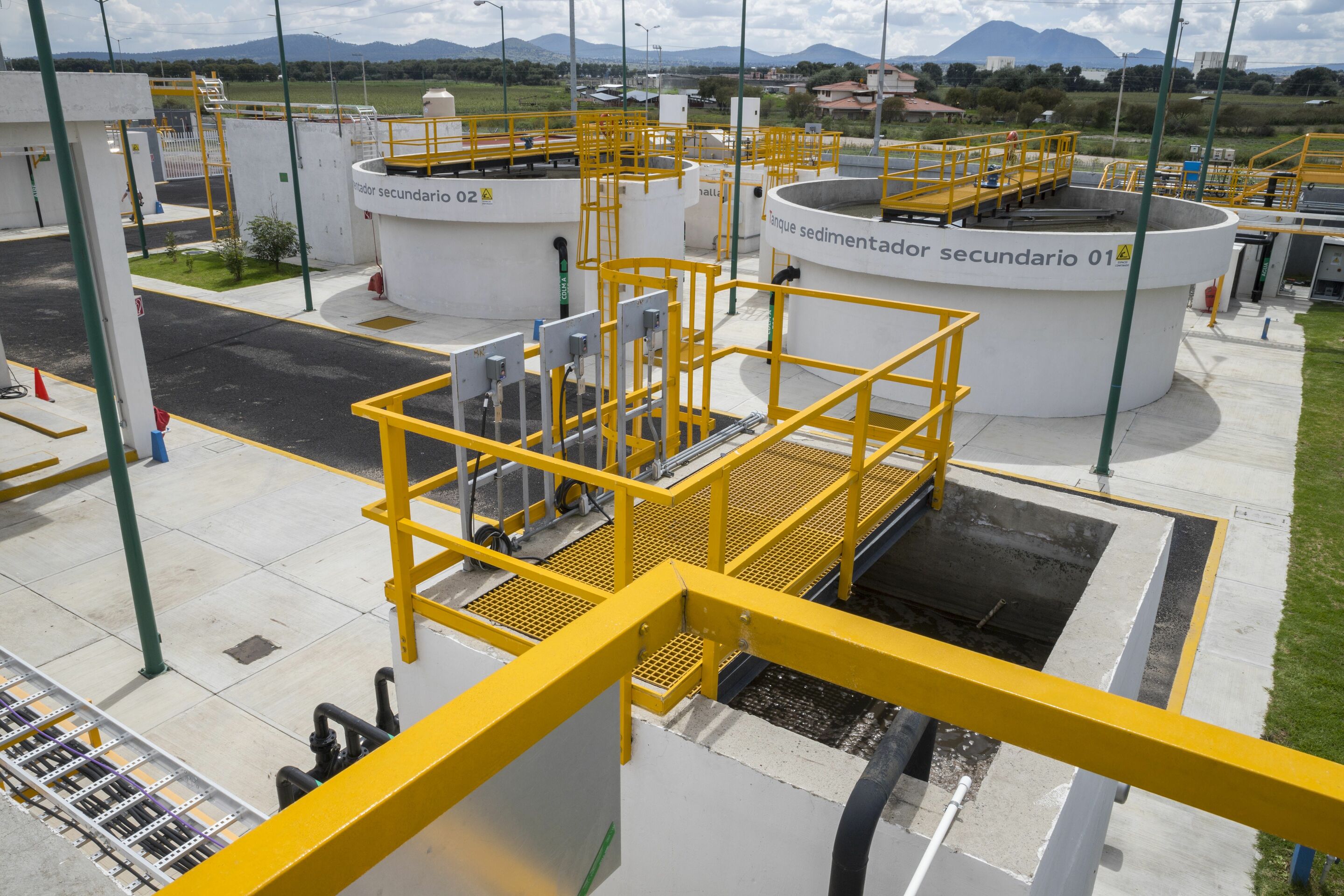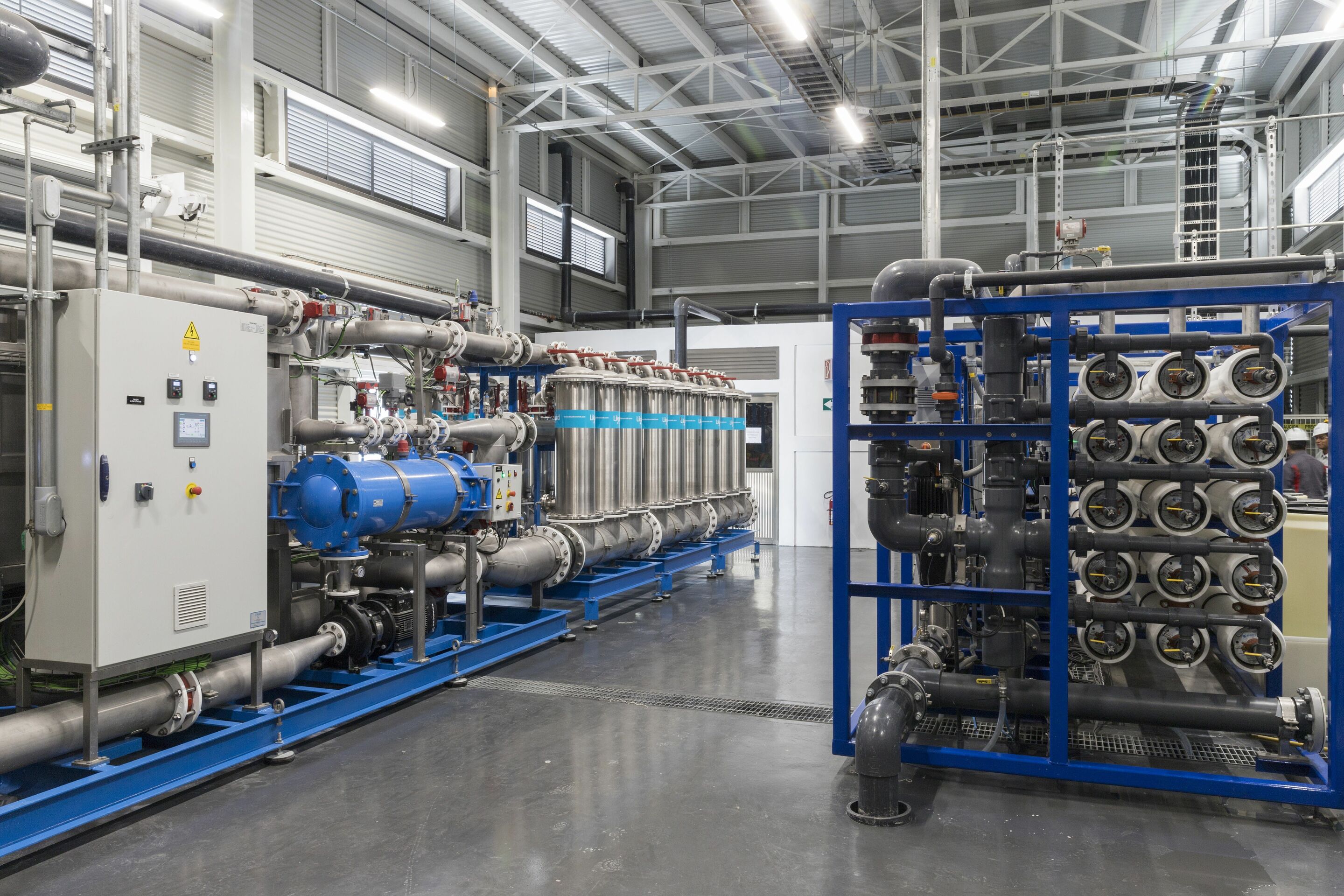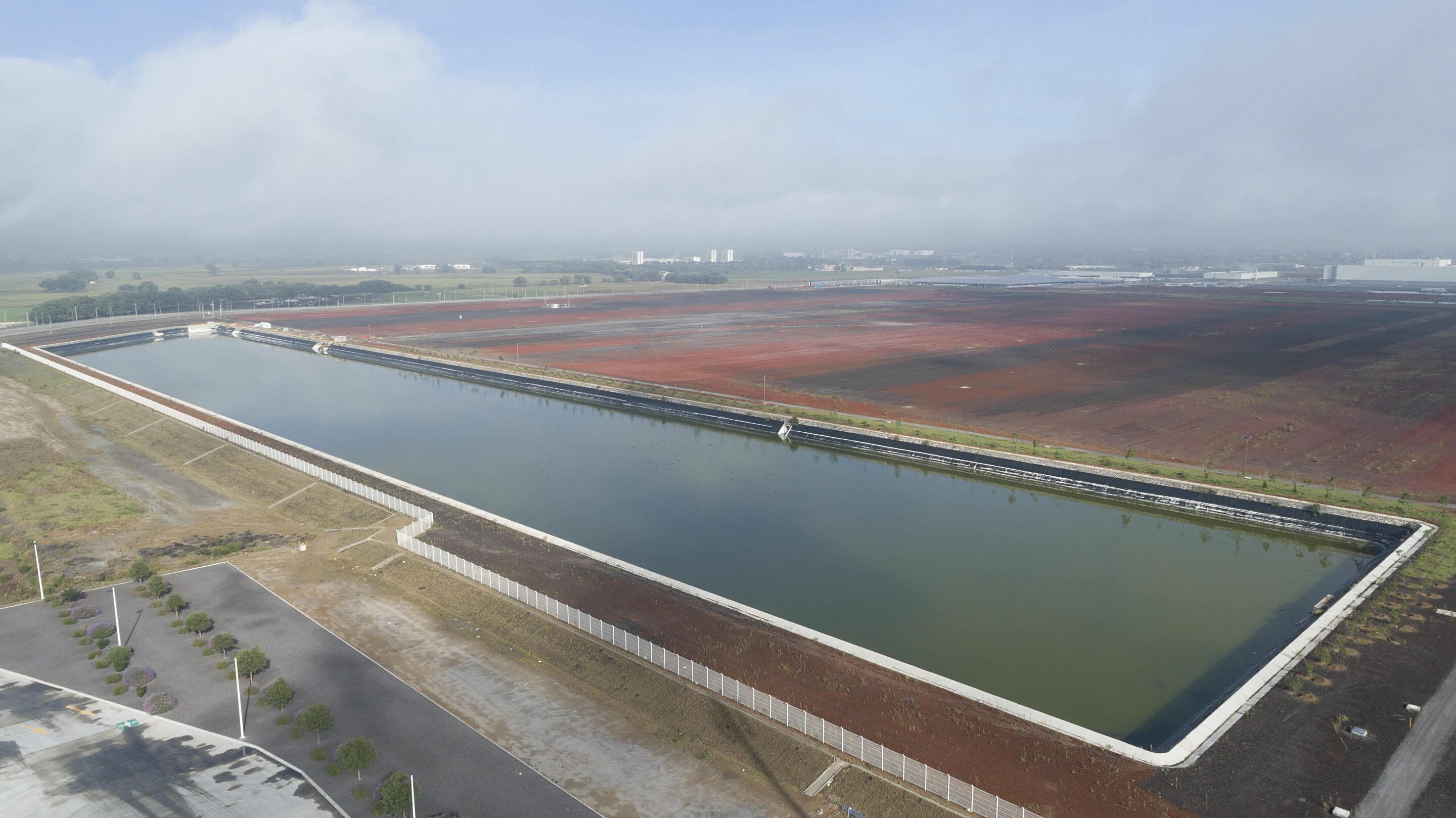Audi México commemorates World Water Day with actions
- Internal lagoon, which stores rainwater and accounts for up to 25 percent of the factory’s consumption
- Reverse osmosis plant reincorporates 130 million liters of water
- Tarek Mashhour, Executive President of Audi México: “We implement efficient, intelligent processes and actions that contribute to sustainable production”
For Audi México, acting consistently means placing sustainability at the heart of the corporate strategy, with long-term actions to build a sustainable future. Since the planning of the plant, maximum efficiency has been sought both in the production processes of the Audi Q5 and in the use of natural resources such as water. This means making the correct use of the vital liquid with efficient processes, as well as its treatment for reuse in the production processes.
Mission:Zero represents a new era in environmental protection at Audi México. It is the Audi Group’s environmental strategy for sustainable production, which is divided into four core topics: decarbonization, resource efficiency, biodiversity and water usage.
For the Audi plant in Mexico, making the right use of water means taking rigorous action in the environmental protection of the vital liquid, implementing efficient and intelligent processes that guarantee the closed water cycle at its facilities.
A major long-term action by the San José Chiapa plant in the efficient use of natural resources was the construction of an internal lagoon in 2014; its purpose is to store rainwater. It has a reserve capacity of 234,000 m3 and represents a reduction in groundwater use of up to 25 percent of the factory’s consumption, using the water in some processes and for irrigation of green areas.
The Audi Q5 is manufactured under strict environmental criteria. For the specific case of the water used in the production processes, and depending on the pollutants present, the factory uses different methods for its treatment. One example is the paint shop where a physicochemical treatment plant has been in operation to eliminate 100 percent of the remaining water used in this process. Once treated, this is reincorporated into the wastewater flows of other processes.
Tarek Mashhour, Executive President of Audi México: “We implement efficient, intelligent processes and actions that contribute to sustainable production in the manufacturing of our Audi Q5. Today, on the occasion of World Water Day, Audi México commemorates the correct use of water, supported by technologies that ensure water-efficient quality. This is how we reaffirm our commitment to the environment and society.”
The Audi plant in Mexico has a clear objective: clean and smart production. In 2015, it put the biological wastewater treatment plant into operation. This has a daily capacity of 1,800 m3 and its objective focuses on the removal of the organic load under an aerobic process carried out by bacteria. It also includes the treatment of the water from the painting process using a physicochemical process.
In addition to biological water treatment, a reverse osmosis treatment plant was built in 2018. This has an annual capacity of 320,000 m3 and has managed to reincorporate 130,000 m3, equivalent to 130 million liters of water, into production in just over two years. In this way, Audi México reduces the water footprint in the manufacturing process.
Through these treatment actions and together with the quest to increase efficiency in the use of water resources, the Audi plant in Mexico has reduced the amount of fresh water used per vehicle by just over 40 percent compared with 2017.
Audi México continues to make strides in sustainability, being the first manufacturer in Mexico to produce cars completely free of external water discharges. It also aligns with goal six of the United Nations Sustainable Development Goals, which focuses on ensuring water availability and sustainable water management.
